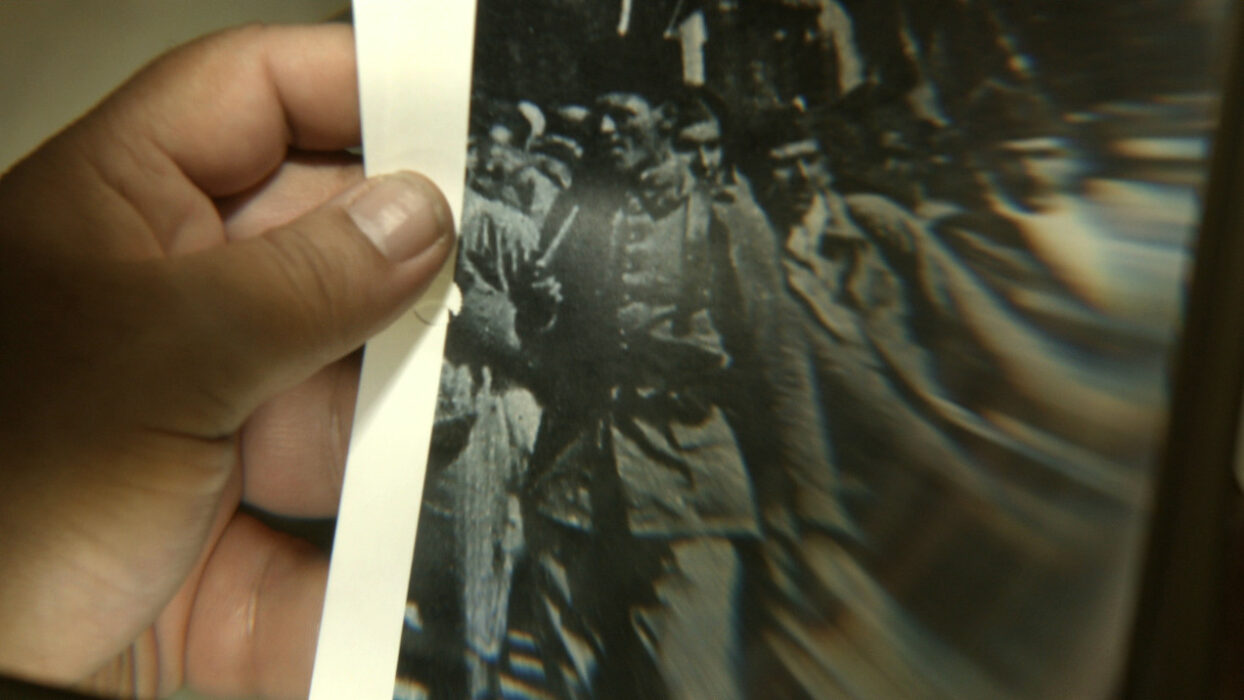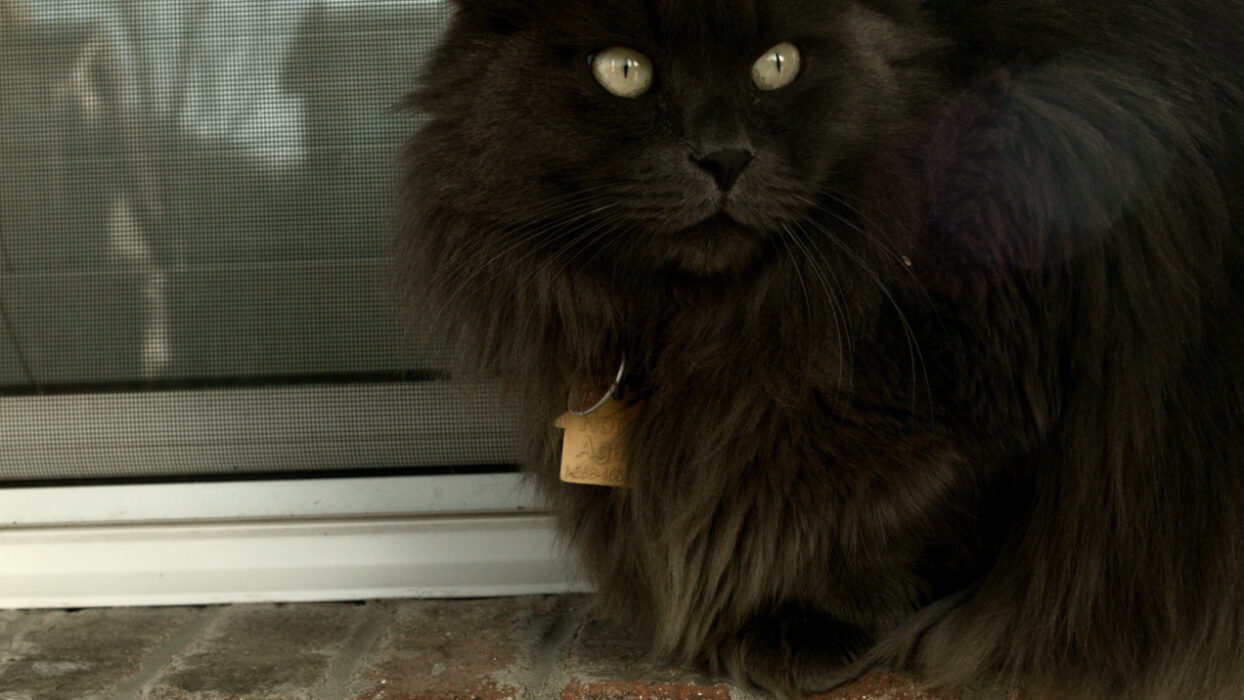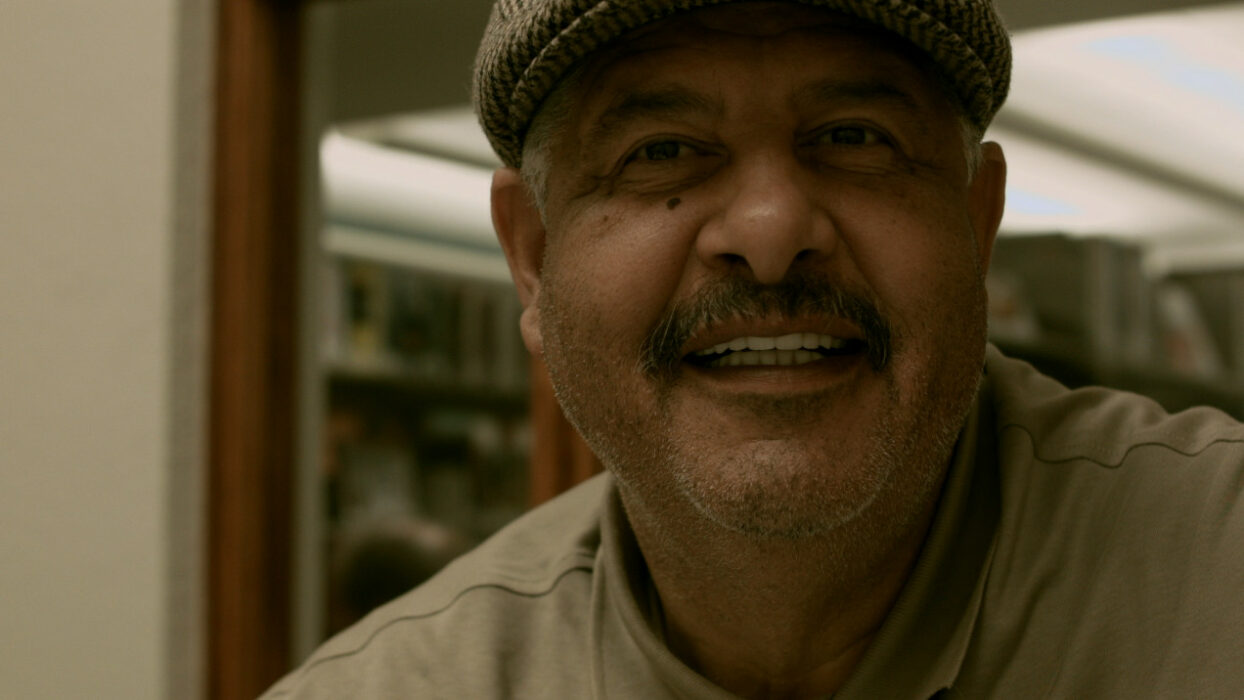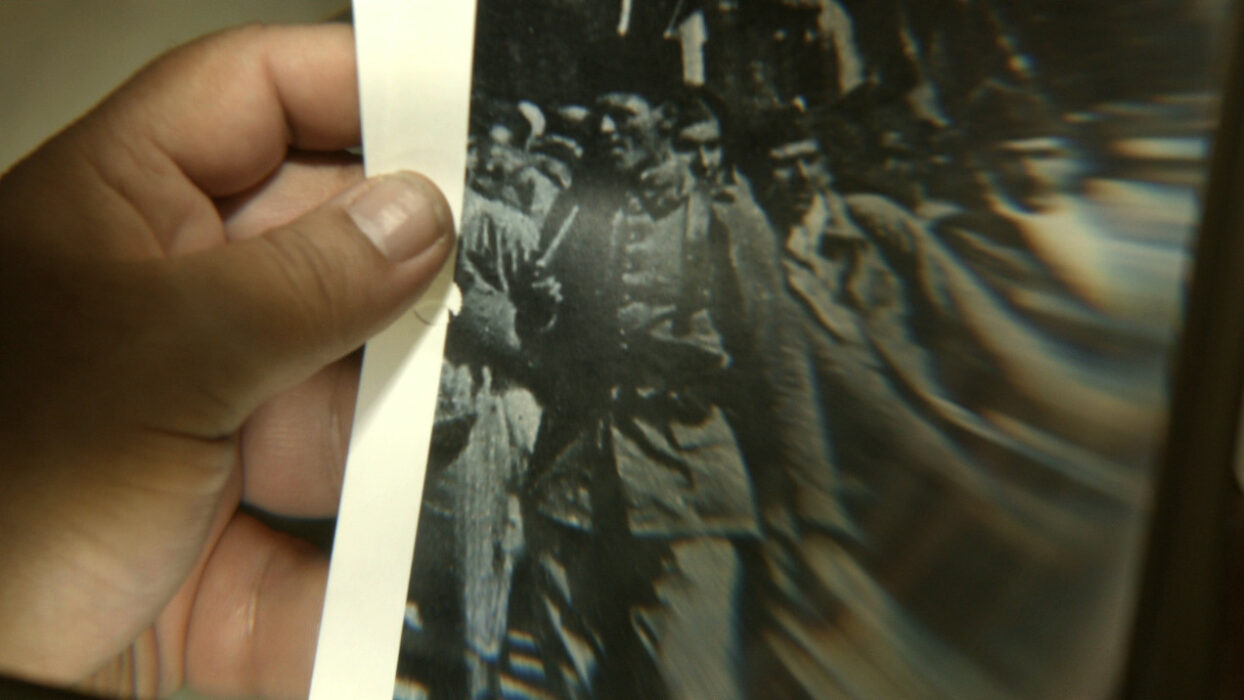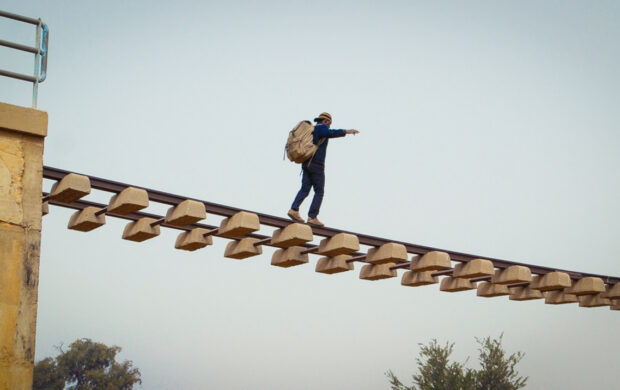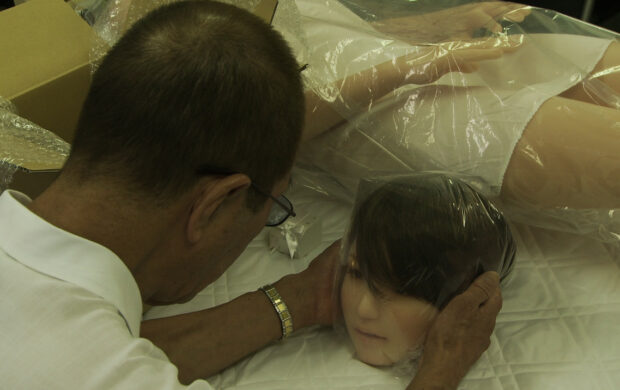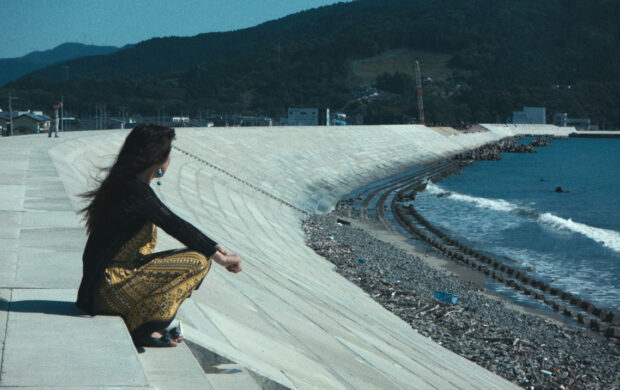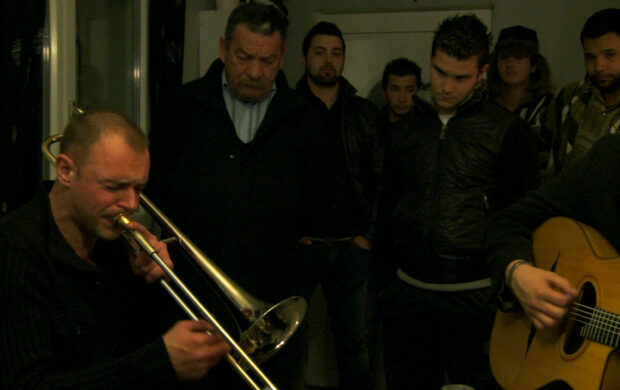Amara
- 2018
- France; Guyana
- 118 minutes
- Arabic; English; French
It is in a disorderly fashion that history winds its way to the present. Likewise, Amara takes the form of a Moibus ribbon, with neither beginning nor end. Moreover, temporalities overlap within the same image: on a shot that Pierre films in Fouad’s home, we see a message that marked the start of their correspondence some years earlier. We learn that Fouad’s grandfather, Amara Mennana, was transported to the penal colony in French Guiana for trying to steal a herd of goats in an Algeria that, at the time, was said to be French. Amara’s son soon lost track of him for good. Pierre and Fouad are both gripped by this story and begin searching in various institutions to finally uncover what happened to Amara. The archives unearthed and messages exchanged telling us about the inquiry’s progress are superimposed on landscapes filmed in Colorado, where Fouad lives, in Guiana, where Pierre goes, and in the place where everything began: Algeria. As his words resonate across these landscapes marked by colonisation, Amara wipes out for 110 minutes the gulfs that separate distant times and places, and weave a web that takes on a cosmic dimension through the presence of a timeless animal life. What’s more, places and animals are mentioned in the credits alongside human beings. The film appears as an archive for the future, which will bear witness to the friendship that was born one day between a Frenchman and an Algerian American united by the same obsession and a shared immersion in colonial horror.
Olivia Cooper-Hadjian
- Production : Olivier Marboeuf, Cédric Walter (Spectre production)
- Photography, sound, editing : Pierre Michelon
- Narration : Fouad Mennana and Pierre Michelon
- Print contact : Spectre / Phantom Distribution, diff@lafabrique-phantom.org
